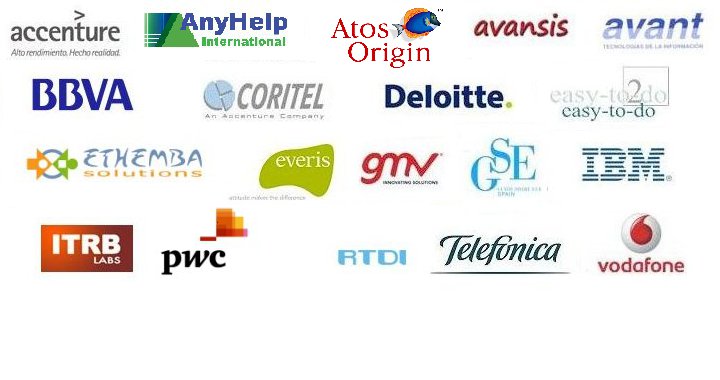The Master of Informatics Engineering is a course focusing on professional practice. This degree course develops and furthers training related to leadership and management, and rounds out and focuses on specialized technologies associated with a broad spectrum of ICT job profiles. Graduates of the Master of Informatics Engineering are practitioners that have a broad scientific, technological and socio-economic grounding, trained to lead and manage development and application projects in the field of computing.
The overall aim of this degree course is for students to acquire the following competences, abilities and skills:
To qualify for the degree, students must earn 90 ECTS credits across three terms.
The degree programme is divided into four modules: Leadership and Management, Computer Technologies, Practical Assignment and Project.
Students are expected to complete, submit and defend a project, an original piece of work completed individually. This piece of work shall be a professional informatics engineering project.
Students shall be entitled to opt to complete their practical assignment and/or project at the Facultad de Informática, at an external academic or research centre, preferably abroad, or at a company with which the Facultad de Informática has entered into an educational agreement.
The key aim of the Practical Assignment is to provide students with guidance on how to apply what they have learned in the real-world. Students complete their project in a work environment that realistically reproduces the conditions that they are likely to encounter at their future workplace. To do this, master students are expected to complete a Practical Assignment at any of the following partner companies. These companies also participate in teaching optional subjects, where students will first come into contact with the firms. This relationship will continue with the Practical Assignment and finally the Final Master Project, which they will also be able to complete at the company.

The Master of Informatics Engineering primarily targets holders of a bachelor’s degree in computing. The knowledge and abilities associated with such degrees are what define the programme entry requirements. As further personal characteristics (abilities, attitudes), students should:
| Leadership and Management Module (12 ECTS) |
Information Technologies Module (36 COMPULSORY ECTS + 12 OPTIONAL ECTS) |
|||||||
| Course Units |
Course Unit |
|||||||
|
Leadership |
IT Services Application Domains (ITSAD) | Systems Auditing and Software Quality (SASQ) | Computing for Engineers (CFE) | Knowledge-Based Systems and Services (KBS) | Internet Systems and Services (WSS) | Interactive Systems and Services (ISS) | ||
| Compulsory ECTS |
10 | 0 | 6 | 6 | 6 | 6 | 6 | 6 |
| Optional ECTS |
0 | 2 | 12 | |||||
| Practical Assignment Module (15 ECTS) |
||||||||
| Final Master Project Module (15 ECTS) |
||||||||
Postgraduate studies center: 91 336 52 82
centro.postgrado@fi.upm.es/master.ii@fi.upm.es
The Master of Informatics Engineering is taught annually, starting in September and ending in the following July.
There is a wide range of grants available to students to fund their master's degree studies.
To gain admission to the Master of Informatics Engineering students must first register online
|
*The fact that the term Computer Science is used instead of Informatics in the English language has nothing to do with them having different meanings. The terms Informatics (English) and Informatique (French) were each coined separately, by Walter F. Bauer in the USA and Phillipe Dreyfus in France, in the same month of the same year, March 1962. Bauer and Dreyfus were the founders of the companies Informatics General Corporation and Societe pour L’Informatique et Applique, respectively. In France, the term was adopted a few years later as a French word by the Academie française, and, adapted to local languages (Informática, Informatik, etc.), immediately spread across all of Europe. As part of Bauer’s company name, the English term Informatics was, however, protected by American law. This prevented its use (note that the Association for Computing Machinery applied to Bauer for permission to change its name to Society for Informatics and, on the advice of the company’s lawyers, was refused). In the English-speaking world, then, Computer Science or Computing, which were not protected, became popular and are now the terms in common usage. At any rate, when Bauer’s company went out of business, institutions in English-speaking countries, at the University of Edinburgh (UK), Indiana University (USA) or Flinders University (Australia), for example, began to adopt the name of School of Informatics. Source: Informatics and (et) Informatique, Walter F. Bauer, IEEE Annals of the History of Computing, Vol. 18, No. 2, 1996. |
